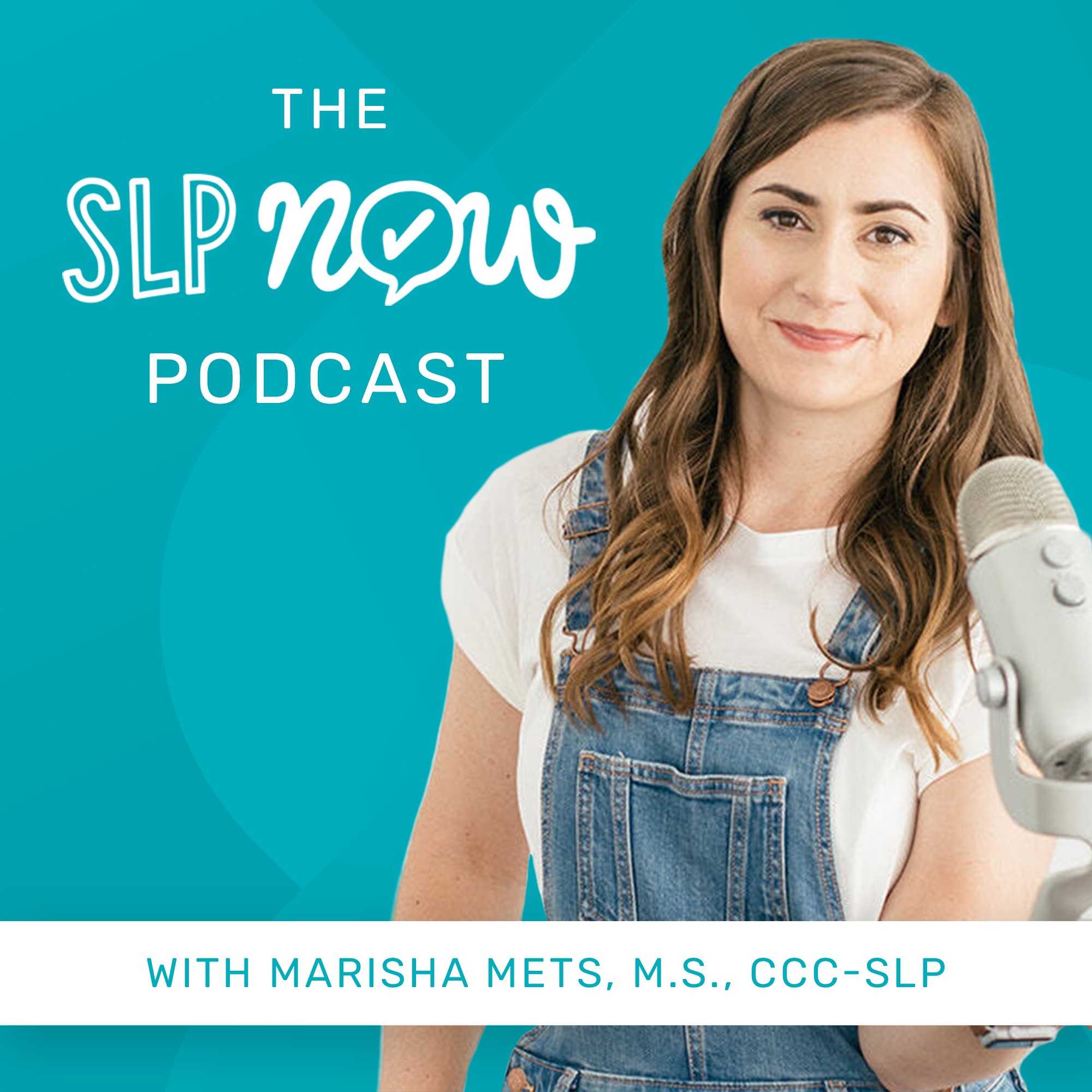158: How to Structure a Speech Therapy Session
Having a routine to rely on in therapy sessions can be an invaluable support for SLPs at every stage of their career and caseloads. But some folks can be a tad hesitant when it comes to the idea of more structure.Marisha wants to assure you that using a framework isn't about creating a checklist and following it mindlessly; it's about having a framework for your therapy sessions so that your work (and life!) feels easier. And of course, there is tons of research to support the benefits of incorporating routines into therapy.Implementing a routine frees up cognitive resources that would be spent trying to figure out what's next in the session — and this applies to students and SLPs.Just think about what you could do with that freed up brain power!In the episode, Marisha shares the five step framework she uses to structure her therapy sessions:Check inAssessTeachPracticeWrap upMarisha gives details about why each step matters, offers examples of the framework in practice, and illustrates ways that clinical experience + judgment inform the application.

